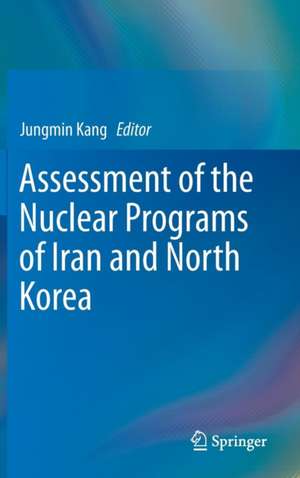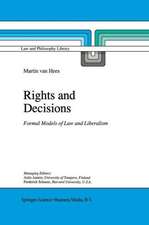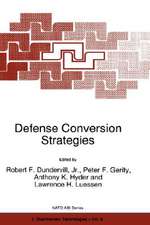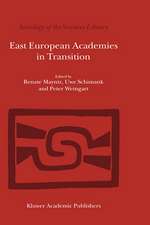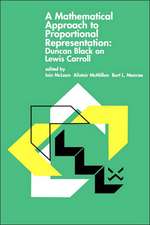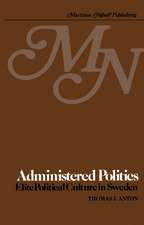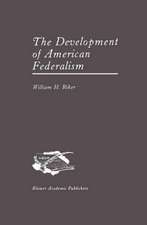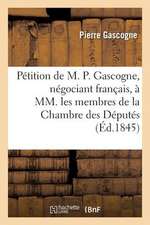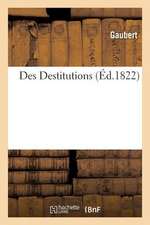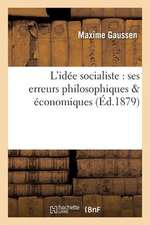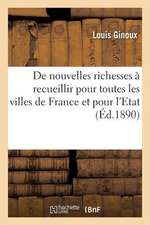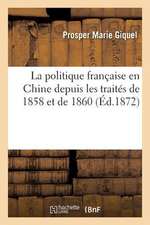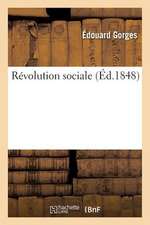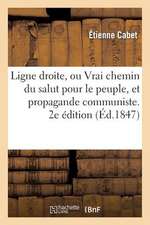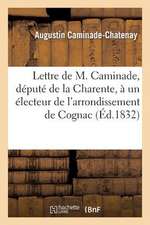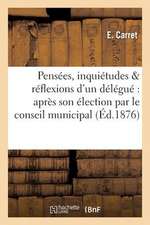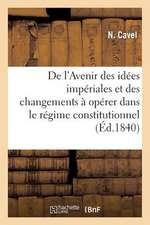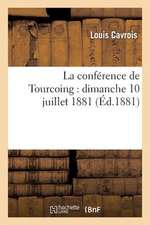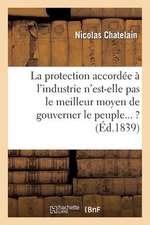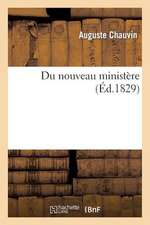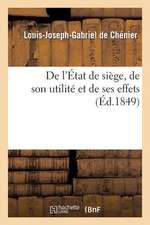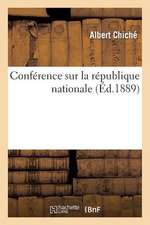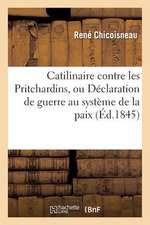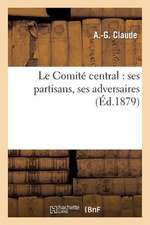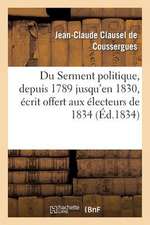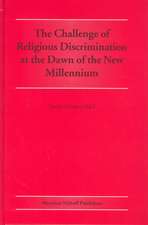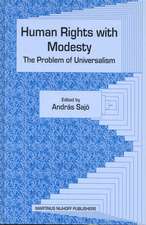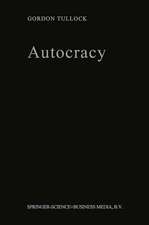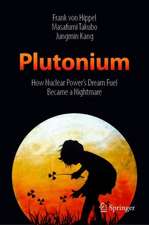Assessment of the Nuclear Programs of Iran and North Korea
Editat de Jungmin Kangen Limba Engleză Hardback – 14 mar 2013
This book addresses two proliferation cases, Iran and North Korea providing extensive snapshots on the currently known nuclear programs, and analyses failures and weaknesses of past verification activities, and makes innovative suggestions for ways forward.
| Toate formatele și edițiile | Preț | Express |
|---|---|---|
| Paperback (1) | 633.02 lei 43-57 zile | |
| SPRINGER NETHERLANDS – 11 apr 2015 | 633.02 lei 43-57 zile | |
| Hardback (1) | 558.33 lei 38-44 zile | |
| SPRINGER NETHERLANDS – 14 mar 2013 | 558.33 lei 38-44 zile |
Preț: 558.33 lei
Preț vechi: 697.91 lei
-20% Nou
Puncte Express: 837
Preț estimativ în valută:
106.87€ • 116.12$ • 89.83£
106.87€ • 116.12$ • 89.83£
Carte tipărită la comandă
Livrare economică 16-22 aprilie
Preluare comenzi: 021 569.72.76
Specificații
ISBN-13: 9789400760189
ISBN-10: 9400760183
Pagini: 131
Ilustrații: XII, 131 p.
Dimensiuni: 155 x 235 x 17 mm
Greutate: 0.38 kg
Ediția:2013
Editura: SPRINGER NETHERLANDS
Colecția Springer
Locul publicării:Dordrecht, Netherlands
ISBN-10: 9400760183
Pagini: 131
Ilustrații: XII, 131 p.
Dimensiuni: 155 x 235 x 17 mm
Greutate: 0.38 kg
Ediția:2013
Editura: SPRINGER NETHERLANDS
Colecția Springer
Locul publicării:Dordrecht, Netherlands
Public țintă
ResearchCuprins
Preface by Olli Heinonen.- Introduction by Jungmin Kang.- Part One: North Korea.- Part Two: Iran.- Part Three: North Korea – Iran Connection.
Notă biografică
Dr. KANG is currently a visiting professor at Lee Byong Whi Nuclear Energy Policy Center, Department of Nuclear and Quantum Engineering, Korea Advanced Institute of Science and Technology (KAIST). Kang has considerable expertise in technical analyses of nuclear issues, including nuclear fuel cycles, spent fuel management, and nuclear nonproliferation. Kang has authored and co-authored papers on the cooperative threat reduction program in North Korea, verification of plutonium production in North Korea, proliferation-resistance of advanced fuel cycles, spent-fuel storage, plutonium disposition, converting Russian icebreaker reactors from HEU to LEU fuel, etc. Kang also has contributed many popular articles to South Korea's newspapers and magazines about North Korea's nuclear-weapon program and South Korea's spent-fuel issues. Kang received a Ph.D. in nuclear engineering from Tokyo University, Japan, and M.S. and B.S. degrees in nuclear engineering from Seoul National University, South Korea. Kang was a researcher at KAERI in 1990-1993. Kang worked in Princeton University's Program on Science and Global Security in 1998-2000 and Center for International Security and Cooperation (CISAC), Stanford University in 2006-2008. Before joining to the KAIST, Kang spent two years at the Paul H. Nitze School of Advanced International Studies (SAIS), Johns Hopkins University as a visiting scholar. Kang is a member of the International Panel on Fissile Materials (IPFM), a group of independent experts from 17 countries that analyzes programs and proposals to advance nuclear disarmament and reduce the dangers of nuclear proliferation and nuclear terrorism.
Textul de pe ultima copertă
When we are looking at proliferation cases, there are a number of lessons – positive and negative – learnt. First, facts reported by the IAEA are essential for the international community in assessing the compliance and risks of possible clandestine activities. Second, the IAEA verification scheme is biting when it fully exercises its verification rights, and when it is provided with the requisite cooperation. Third, when countries face questions raised by the IAEA, those that chose to turn the course and / or cooperated to remove concerns and ambiguities resolved their nuclear dossiers in a satisfactory manner and fairly swiftly. Fourth, when states adopt the course of confrontation, as are currently the cases with Iran, Syria and North Korea, the situation becomes more complicated and more difficult to resolve. Fifth, dragging non-compliance and challenging of the authority of the United Nations Security Council and the IAEA Board of Governors erodes the international non-proliferation regime.
This book addresses two proliferation cases, Iran and North Korea providing extensive snapshots on the currently known nuclear programs, and analyses failures and weaknesses of past verification activities, and makes innovative suggestions for ways forward.
This book addresses two proliferation cases, Iran and North Korea providing extensive snapshots on the currently known nuclear programs, and analyses failures and weaknesses of past verification activities, and makes innovative suggestions for ways forward.
Caracteristici
Includes contributions from leading international researchers in this field Provides extensive snapshots of the currently known nuclear programs, and analyses failures and weaknesses of past verification activities Presents innovative suggestions for ways forward
